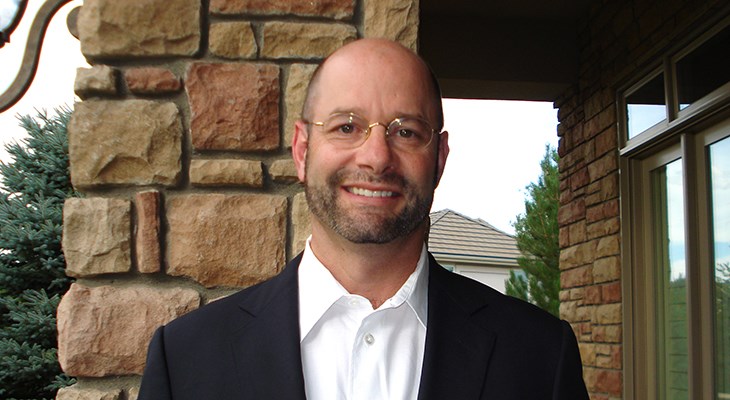STAQ Pharma is a 503B Outsourcing Facility producing compounded medications under the Current Good Manufacturing Process (cGMP), a Federal Drug Administration (FDA) quality standard.
“Most of our products are going to be used in an emergency room setting, an operating room setting or an ICU and intensive care unit setting,” says STAQ Pharma CEO Joe Bagan.
STAQ recently raised an estimated $45 million of Series C venture funding in a deal led by Froedtert Health & Medical College of Wisconsin, University of North Carolina Health Ventures, University Hospitals, LCMC Health, Cincinnati Children’s, Nationwide Children’s and Rev 1 Ventures. Those funds are being used to build a $70 million, 250,000 sq.-ft. facility on the west side of Columbus that will be five to six times larger than their current facility in Colorado, bringing and estimated 300 jobs to the area.
In 2013, in response to poor oversight by the state boards of pharmacy, the FDA implemented the Drug Quality and Security Act (DQSA) and broke pharmaceuticals into two sectors: 503A and 503B. Outsourcing facilities like STAQ, which manufacture and sell medications in large batches to health care facilities, were required to be, or become, 503B.
Bagan and STAQ President Mark Spiecker created STAQ as a 503B from the start, meaning their 27,000 sq.-ft. facility was built and designed to meet the highest safety and regulatory requirements.
“It's a very, very difficult standard to meet,” Bagan says. “It's an FDA standard and it ensures that things that we make are made by a quality system that will be in control of sterile production and the system will know when a product or a process falls out of control so that we catch it and nothing leaves our dock that isn’t sterile. It is the most difficult standard to meet in the world and we subject ourselves to that standard.”
The company used its A and B rounds to build the first facility in Denver. Those rounds were relatively smooth. The latest capital raise was significantly higher with more red tape.
“Most of our Series C was bought by hospital systems,” Bagan says. “They need to work through their processes and their legal teams, and it just takes a little bit longer to go through those. Our Series A round was primarily angels and investors who've been with me and the other founders of STAQ in prior companies where we've done well, and they were looking to continue to do well and back us.”
The time and effort was worth it, as the pandemic created a greater need for hospitals to ensure their supply chains would not be an issue.
“A lot of companies now, and hospitals in particular, want to make sure that their supply chain is secure,” Bagan says. “We are part of that answer, because they can turn to us and say, ‘I need these number of units in this type of container with this concentration and this drug product in it and I need it sterile, and I need it delivered every third Tuesday,’ and they can call us up and we’ll go to work to figure out how to make that happen for them.”
If he had to do anything different, Bagan says he would likely have looked for more money in the couple raises, but everything has worked well despite not asking for more.
“I would just look at all of that and chalk it up to market conditions at the time and who was interested,” Bagan says.
The first drug product launch out of the Columbus facility is expected in the first quarter of 2023, with a high-bay warehouse to open later.
Bagan spoke on the Smart Business Dealmakers Podcast about his company, how it has raised capital, and how his company helps hospitals secure their supply chain.




